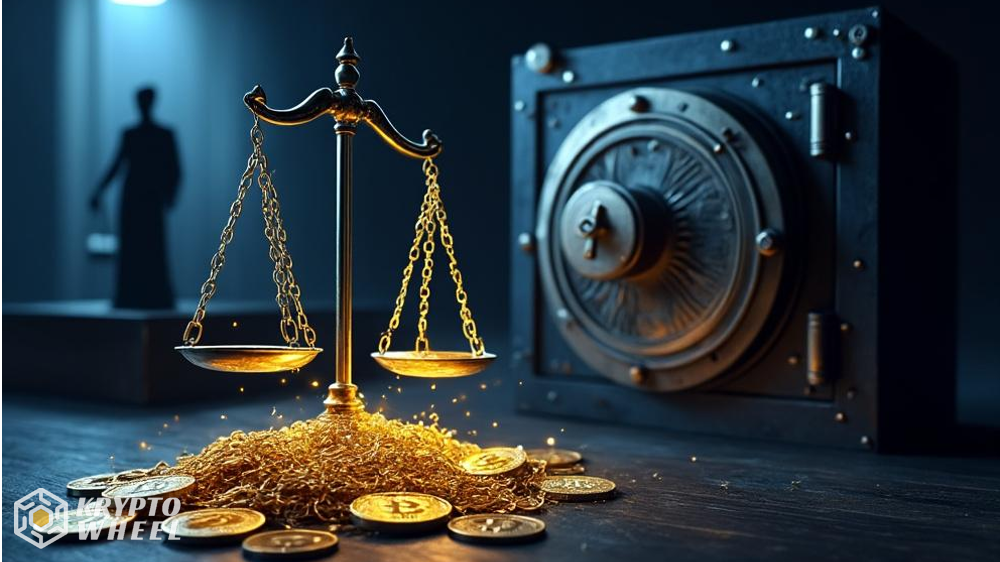South Korea’s Supreme Court Upholds 10-Year Sentence in Major Crypto Fraud Case
The crypto world isn’t exactly known for its stability—big promises, bigger risks, and sometimes, outright fraud. South Korea’s Supreme Court just made it clear there are real consequences for the latter. They’ve upheld a 10-year prison sentence for a key figure tied to the collapse of Haru Invest and Delio, two platforms that left investors scrambling when withdrawals froze last year.
It’s not just about one person, though. The ruling feels like a turning point, a signal that even in crypto’s often-lawless corners, courts are willing to step in.
What Happened with Haru Invest and Delio?
The whole mess started unraveling after FTX’s collapse in late 2022. Haru Invest promised steady returns on crypto deposits, while Delio acted as a lender. Both relied heavily on third-party firms, including B&S Holdings—where Mr. Bang, the now-convicted executive, was a major shareholder.
Things spiraled fast. By mid-2023, both platforms halted withdrawals, blaming “issues” with their partners. Delio filed for bankruptcy soon after. Investigations revealed around $44 million had allegedly been misused, much of it tied to B&S Holdings.
The details are murky, but the pattern’s familiar: high yields, vague explanations of how money was being handled, and then—nothing. Investors were left empty-handed.
Why This Sentence Matters
Ten years is a long time, especially in a sector where white-collar crimes sometimes get slaps on the wrist. The court’s decision suggests South Korea’s done playing nice with crypto fraud.
For investors burned by Haru and Delio, it’s a small win. Not a refund, but at least accountability. For the broader industry, it’s a warning: regulators are watching, and they’re not afraid to throw the book at bad actors.
What’s Next for Crypto in South Korea?
This case will likely push regulators to tighten rules further. Expect more scrutiny on how platforms manage funds, who they partner with, and how transparent they are with users.
For anyone still dabbling in crypto, the lesson’s obvious: if a platform’s promising returns that sound too good to be true, they probably are. And maybe—just maybe—courts are finally catching up to the ways people get ripped off in this space.
Not a happy story, but an important one. And for once, it ends with something resembling justice.










